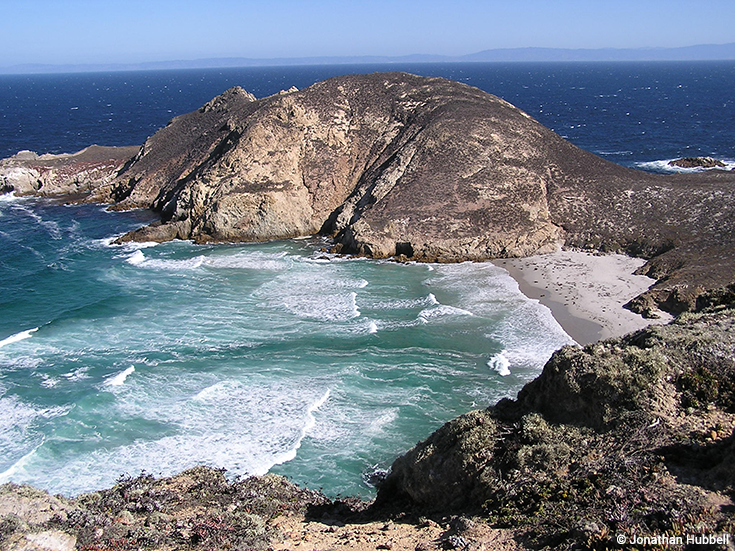Eelgrass and Ocean Acidification: California Takes Action
Published by Ocean Conservancy
What do eelgrass, the California state legislature, crabbers, and Ocean Conservancy have in common? They are all part of the solution in California’s remarkable actions this past week to address the threats that ocean acidification presents to California’s healthy fisheries, marine habitat and coastal jobs.
Governor Jerry Brown just signed into law a pair of bills that will address the concerns over ocean acidification raised by oyster growers, crabbers and others who make a living off of the ocean.
The two pieces of state legislation were crafted by Assemblymember Das Williams and Senator Bill Monning, as tailored place-based solutions to what amounts to a global problem. SB 1363 will protect and restore eelgrass habitats, increasing carbon sequestration amongst the roots of this coastal vegetation. AB 2139 will establish an ongoing task force to ensure that state decision making is informed by the latest science, identify areas of our coast that are vulnerable to ocean acidification and hypoxia, develop water quality standards to protect coastal water health, and address gaps in ocean acidification monitoring and management needs.
The elected officials and their colleagues heard from scientists’ predictions of the ever-increasing impact of ocean acidification and that species like Dungeness crab, squid and other fish upon which fishermen and seafood lovers alike depend will be harmed if it goes unchecked. At the request of the Ocean Protection Council, the California Ocean Science Trust convened the West Coast Ocean Acidification and Hypoxia Science Panel in 2013 to synthesize the science behind ocean acidification (and the related issue of hypoxia) and to recommend concrete policies that can address the problem in both the short and long term. This novel collaboration between OPC and OST led to a first-of-its-kind report by this multidisciplinary science panel. Released this past spring, the OAH panel puts forth a vision for how California can address ocean acidification and hypoxia, including 14 major recommendations.
Senator Monning and Assemblymember Williams authored complementary pieces of legislation, informed heavily by the panel’s recommendations. Ocean Conservancy is proud to have supported the scientific panel and the resultant legislation by Assemblymember Williams and Senator Monning, together with a large coalition of ocean champions to ensure these bills got to the Governor’s desk for his signature.
Governor Brown continues to be a global role model for tackling ocean change head-on. His approval of AB 2139 and SB 1363 this session is an important first step to ensure the state has the tools necessary to fight back against climate impacts in its coastal ocean. Ocean Conservancy looks forward to working with Governor Brown and other leaders throughout the state to ensure our future ocean continues to provide the vital services upon which all Californians depend.
Read the full article at: http://blog.oceanconservancy.org/2016/10/03/eelgrass-and-ocean-acidification-california-takes-action/




